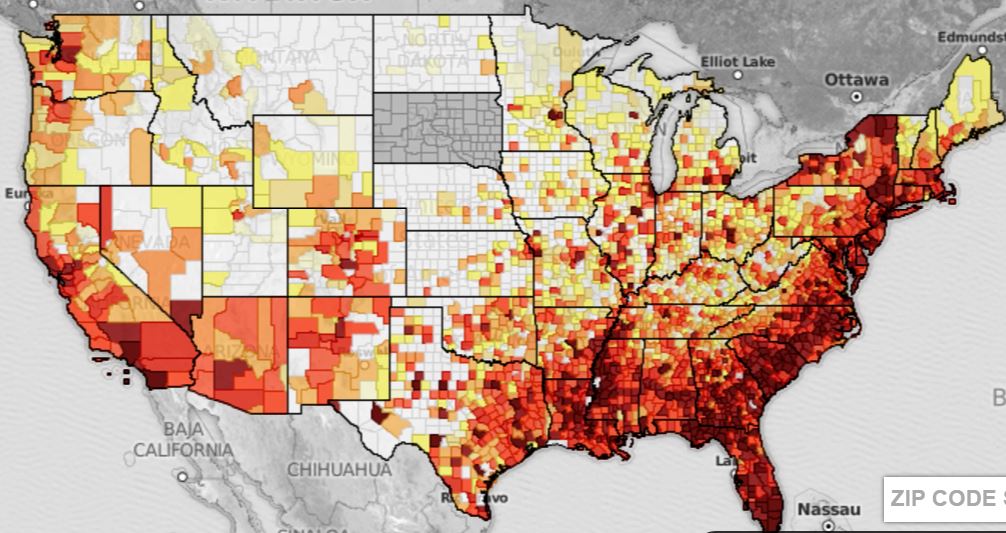Tremendous medical advances in treatment and prevention for HIV exist right now that, if implemented, could stop even one new case of HIV. These interventions are ALREADY having an effect – including a 19% reduction in new diagnoses in the U.S. in 2015. Yet infections still increase in young African American men who have sex with men (MSM) and Latino MSM. So the greatest challenge to Americans who want to stop HIV infections is whether there we have the will to allocate the resources needed to implement these advances. On a daily basis, the question of “will” is answered by the local, state and national professionals who determine health policy and allocate (or restrict) resources that address HIV treatment and prevention in our communities.
Yet all politics are local. So while these decisions are made by our health professionals, each of us shares in the responsibility for their decisions. Our own “will” (or won’t) is measured by our decision to get involved (or not) on making good on our own commitment to stop HIV transmission right here, right now, in Los Angeles.
The facts are unequivocal: People living with HIV who maintain viral suppression by adhering to anti-retroviral medications are not going to transmit. People living with high risk for HIV infection (for example someone in a relationship whose partner is HIV-positive (but untreated or newly on treatment) or who has unprotected sex with HIV-positive or unknown serostatus partners) can eliminate risks for infection by using biomedical (daily oral Pre-Exposure Prophylaxis (PrEP) and behavioral prevention methods (regular HIV and STD testing and condom use).
Yet while we have the treatment and prevention tools, we are seeing no measurable reduction in HIV infections among the Americans who face highest risks: African American and Latino MSM. The situation is even more dire among the youth in these groups.
So? What’s it to YOU?
One of the easiest things you can do is to stay involved in the fight to make sure that each resident of Los Angeles has consistent access to healthcare. It is not mysterious that those bearing the brunt of new infections are people who have problems with access to healthcare. Those living with HIV or who are at risk and have inadequate access to healthcare also have high risk for untreated other chronic diseases such as diabetes, heart disease, and addiction—each of which bring their own medical consequences.
So this World AIDS Day, you don’t have to be a scientist or an advocate or a philanthropist to make a difference. Each of us bears the responsibility to demand that our systems provide consistent access to healthcare to each one of us and to make sure that as part of that, each of us can access biomedical treatment and prevention for HIV. We all need to hold ourselves, our colleagues, our healthcare providers, our public officials, and our politicians accountable for playing their part in working toward eliminating new HIV infections. There is still much work to do.

